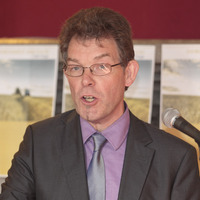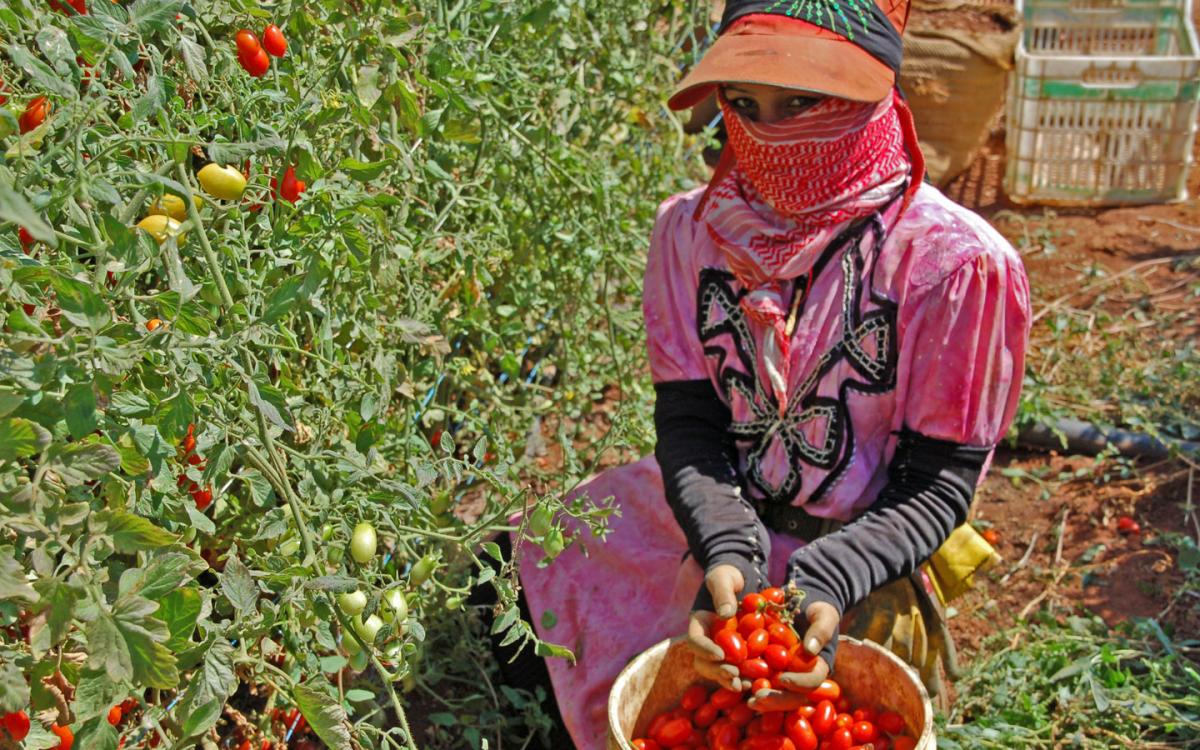
At a time of pandemic we have the opportunity to rethink our food system drawing upon our creativity, connectivity and resourcefulness.
This is the hopeful message given to the students of the Master in Food Studies by Dr. Colin Sage, Visiting Professor, at the conclusion of his talk. The food system touches every aspect of our human existence, it affects our health as well as the health of our planet. COVID-19 has unearthed the fragility of globalized supply chains, the role of migrant labor and the threats posed by intensive animal rearing. It has made more visible the long-standing structural issues characterizing our current food system; this is weighted heavily in favor of intensive farming neglecting the impact on the environment, on global warming, lacking resilience and exacerbating socio-economic inequalities and dietary ill-health. Changes in the food system to lower its GHG emissions are critical for the achievement of the Paris Agreement targets of 1.5° and 2°C.
That the food system is a critical public policy issue is well recognized as attested by the different initiatives that focus on the required transitions, from the U.N. Food Systems Summit and the Glasgow CoP Climate Change Conference that will take place in 2021, the European Commission’s Farm to Fork Strategy and the myriad of civic groups already enacting alternative ways of producing and consuming in different parts of the world.
In the midst of the global corporate concentration occurring throughout the food system and the ‘distracted states’, a vital conceptual counterweight to top-down solutions is offered by food citizenship opening spaces for civic engagement.
Dr. Colin Sage ended his talk showing and elaborating on how new ways of approaching food systems are needed and possible, as evidenced by farmers, researchers and food citizens who prioritize human and planetary health and human needs as the desirable outcome of the food system.
Discussions are continuing as a result of the informative and inspiring talk!

